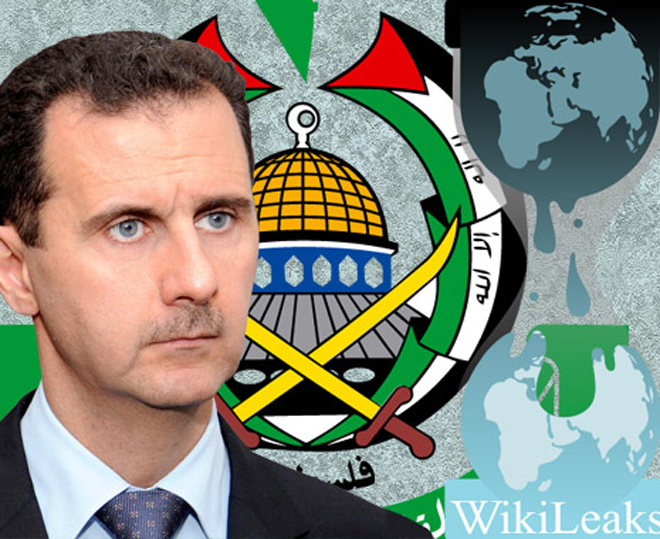Syrian President Bashar al-Assad Thursday endorsed a draft law allowing the establishment of new political parties other than the Baath Party, which has been ruling the country since the 1960s, DPA reported
The state Syrian Press Agency SANA reported that al-Assad had issued directives on the establishment of political parties and general elections "with the aim of enriching and activating the political life."
The draft law on political parties allow Syrians aged 25 years and older to set up parties and be members of them.
Each legalized party will have the automatic right of having its own newspaper and website without applying for a licence.
According to the presidential decree, the founding members of a party should be at least 1,000 from half of the country's provinces.
The new law sets out procedures for licensing parties and rules regarding their resources, funding, rights and duties.
New parties should be committed to the constitution, the principles of democracy and preserve the unity of the homeland.
The law prohibits a party from being based on religious, tribal, regional, denominational, or profession-related principles or on the basis of discrimination due to ethnicity, gender or race.
Al-Assad's decree on general elections, meanwhile, stipulates the creation of an independent commission to oversee parliamentary and local elections, reported SANA.
Parliament is to discuss Sunday the two draft laws as part of a package of reforms promised by al-Assad to placate the unprecedented protests against his 11-year rule.
"Any laws issued by this government will not be accepted," said Rami Abdel-Rahman, head of the London-based Syrian Observatory for Human Rights.
"How can I accept a law adopted by people whose hands could be tainted with Syrian blood?" he told the German Press Agency dpa in an earlier interview.
Three people were killed in several parts of the country when Syrian security forces fired on overnight pro-democracy protesters, opposition activists said Thursday.
The three deaths occurred late Wednesday when demonstrators took to the streets in the capital Damascus, the southern province of Daraa and the central city of Palmera, according to the London-based director of the Syrian Observatory for Human Rights.
He added that an unspecified number of people had been injured.
Heavy gunfire was heard early Thursday in the central city of Homs, reported the opposition group Local Coordination Committees of Syria.
It added that tanks were seen moving into the restive city where communications were cut off.
Meanwhile, around 1,000 families left the central city of Hama, fleeing military operations under way in the city since Wednesday, according to activists.
They said that security forces were mounting a massive-scale detention campaign in Hama and firing on inhabitants to stop an exodus from the city.
Hama has been for weeks the venue for mass anti-government protests.
Official Syrian television reported Thursday that gunmen had attacked public and private properties in the eastern city of Deir a-Zour. Other gunmen kidnapped three oil workers, according to the report.
More than 1,500 civilians and 350 security personnel have been killed since the anti-government protests began in Syria in March, local human rights advocates say.
It is hard to verify these reports, as the Syrian authorities have barred most foreign media and international human rights groups from the country.
The draconian government clampdown on pro-democracy protests has drawn condemnation from the United Nations Security Council.
The council on Wednesday condemned the Syrian government's "widespread violations of human rights and use of force against civilians."
Following months of debate, it was the first statement by the 15-nation council since the unrest broke out in Syria in mid-March, but it fell short of the binding resolution some had sought.






